Filter by
The language used throughout the course, in both instruction and assessments.
Explore the Science Course Catalog

Dartmouth College
Skills you'll gain: Computer Programming
 Status: Free
Status: FreeDuke University
Skills you'll gain: Health
 Status: Free
Status: FreeThe University of Melbourne

Skills you'll gain: Human Learning, Machine Learning, Machine Learning Software, Microsoft Azure, Natural Language Processing, Computer Vision, Machine Learning Algorithms, Applied Machine Learning, Algorithms
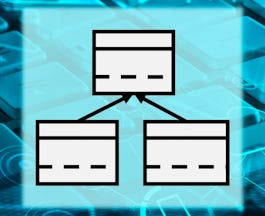
University of California San Diego
Skills you'll gain: Computer Programming, Java Programming, Problem Solving, Programming Principles, Algorithms, Computational Thinking, Computer Programming Tools, Computational Logic, Computer Graphics, Visualization (Computer Graphics)
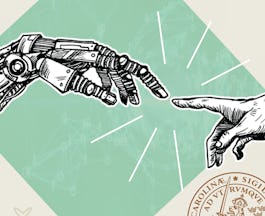 Status: Free
Status: FreeLund University
Skills you'll gain: Leadership and Management, Strategy, Algorithms, Human Computer Interaction, Human Resources, Machine Learning, Machine Learning Algorithms, Business Process Management, Machine Learning Software, Organizational Development, Artificial Neural Networks, Training
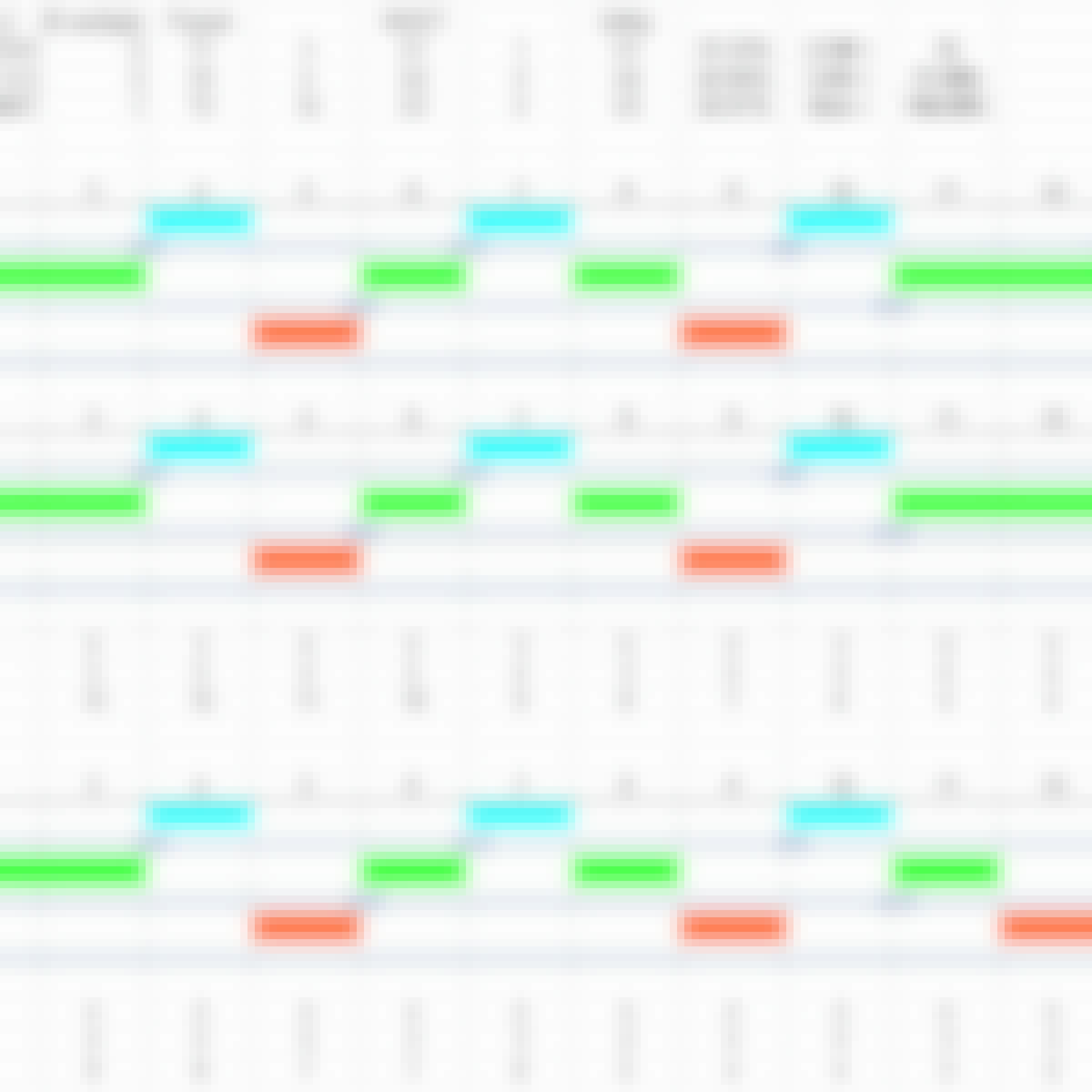
University of Colorado Boulder
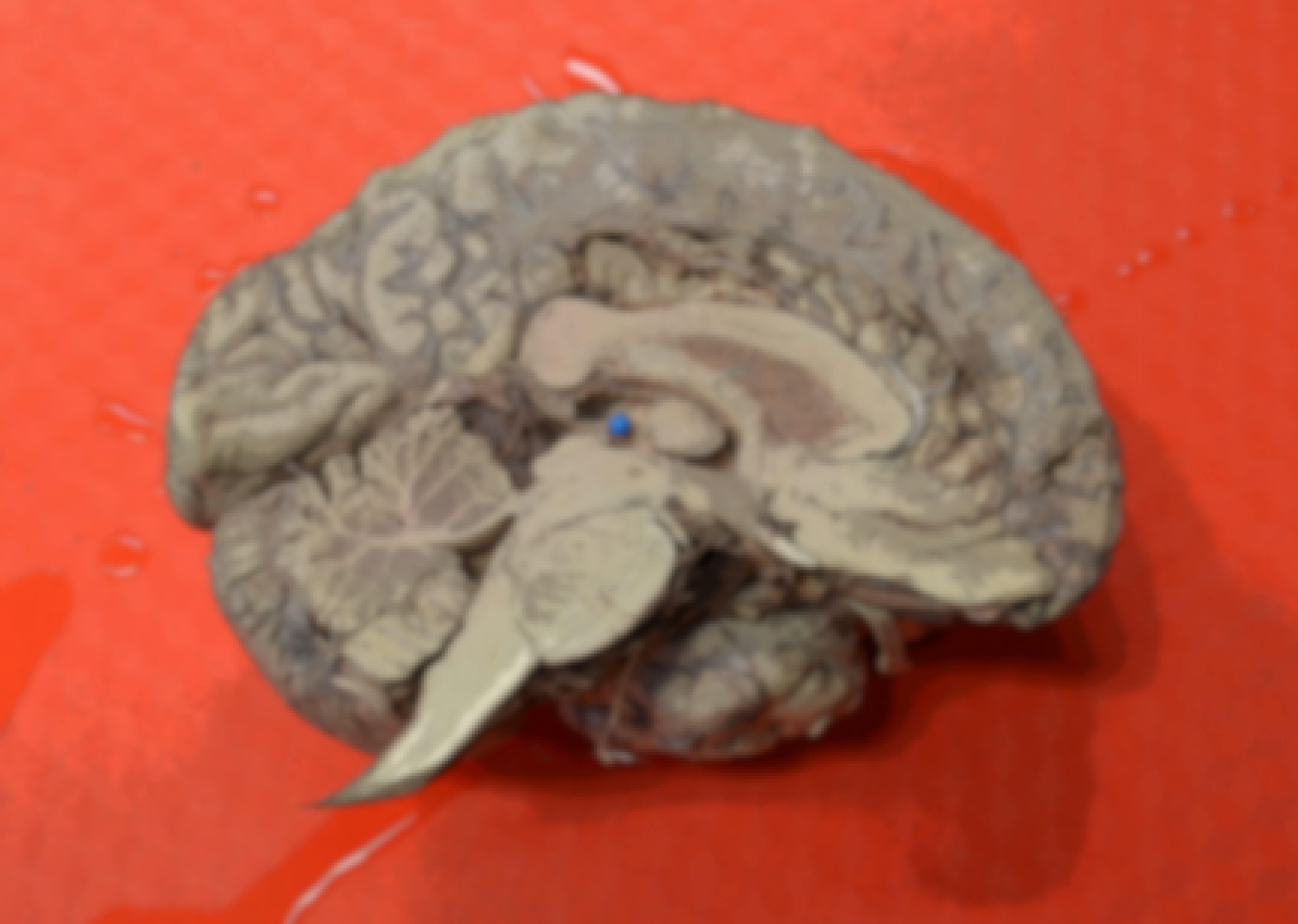 Status: Free
Status: FreeThe University of Chicago
 Status: Free
Status: FreeCoursera Instructor Network
 Status: Free
Status: Free Status: Free
Status: FreeCoursera Instructor Network
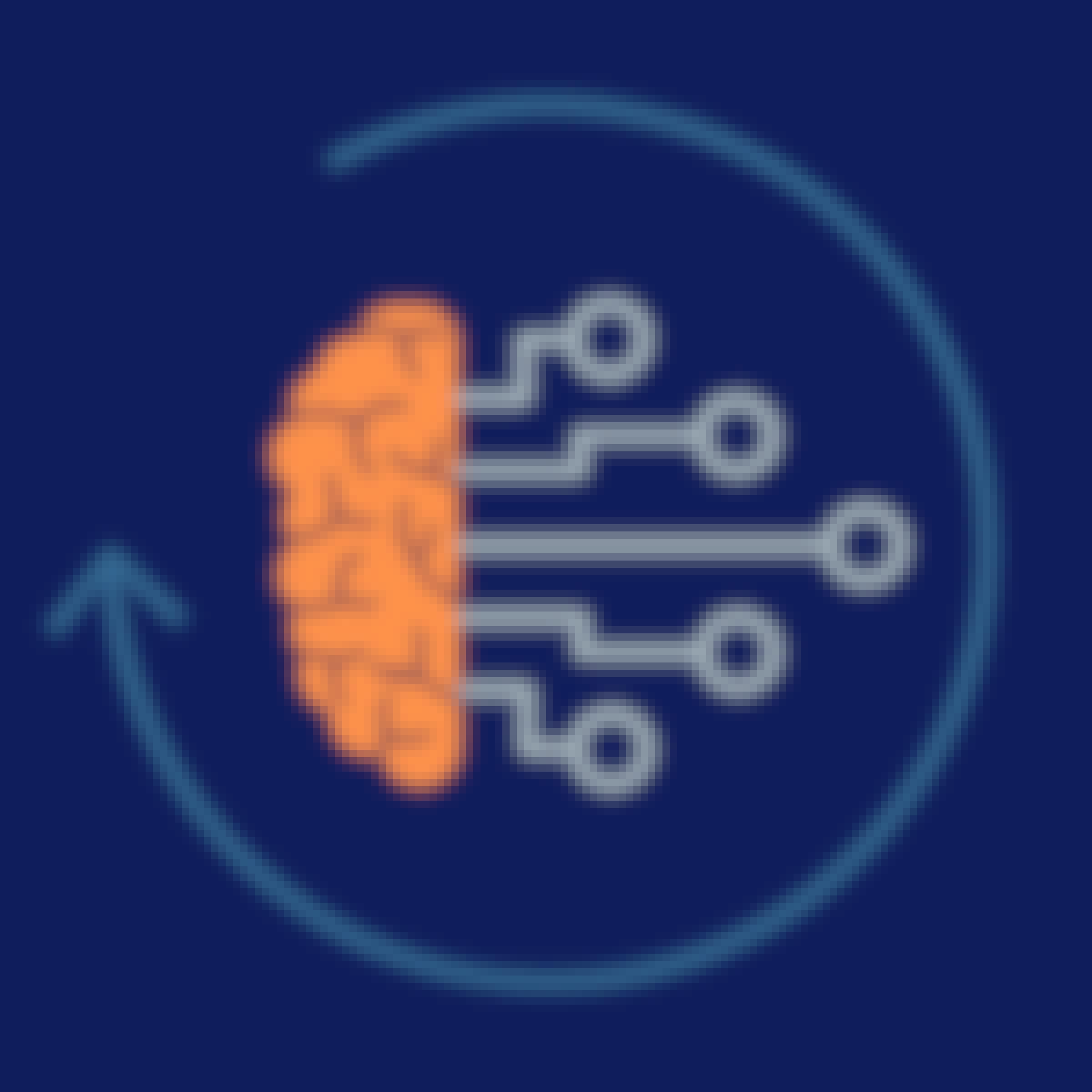
Duke University
Skills you'll gain: Machine Learning, Microsoft Azure, Python Programming
In summary, here are 10 of our most popular science courses
- C Programming: Language Foundations - 2: Dartmouth College
- Introductory Human Physiology: Duke University
- Solving Algorithms for Discrete Optimization: The University of Melbourne
- Preparing for AI-900: Microsoft Azure AI Fundamentals exam: Microsoft
- Object Oriented Programming in Java: University of California San Diego
- AI, Business & the Future of Work: Lund University
- Real-Time Embedded Systems Theory and Analysis: University of Colorado Boulder
- Understanding the Brain: The Neurobiology of Everyday Life: The University of Chicago
- Introduction to Carbon Reduction and Net Zero: Coursera Instructor Network
- System Validation (2): Model process behaviour: EIT Digital










